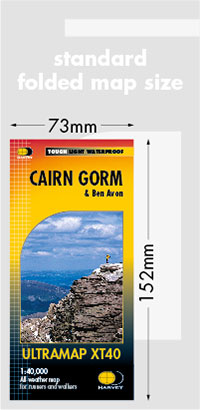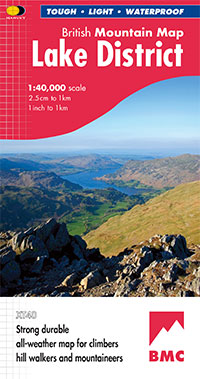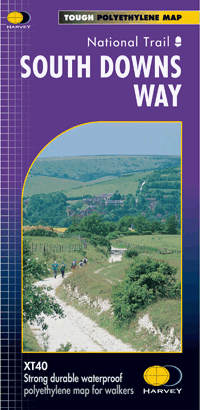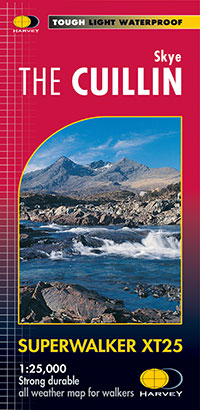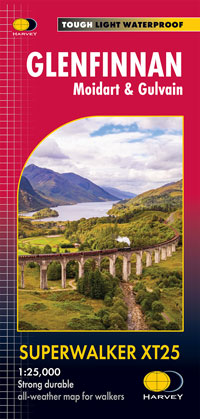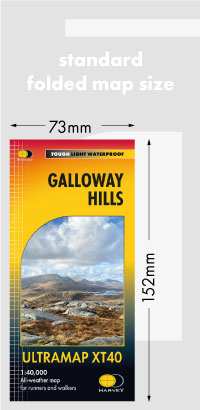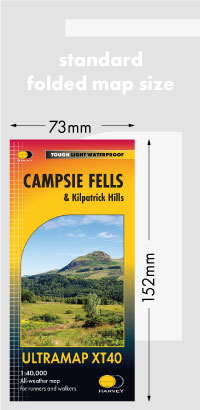The Polar Academy - Part 1
by Nigel Williams
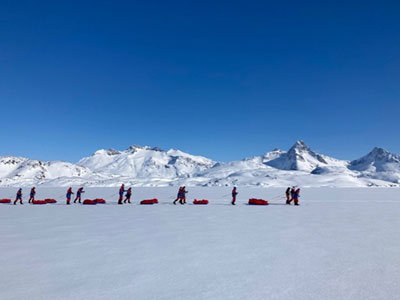
The Scottish based charity is the brain child of Craig Mathieson, it's founder and CEO. Craig is also the Explorer in Residence at the Scottish Royal Geographical Society, and led the first Scottish expedition to the South Pole in 2004. A few years later he led an expedition to the North pole, which included a 16 year old boy. That expedition laid the foundation for The Polar Academy, demonstrating the potential that young people can achieve if there are no financial barriers, they have family support, and appropriate training and equipment. The Charity was set up in 2013, and the first expedition with 10 young people from state schools in North Lanarkshire went to Greenland in the winter of 2015.
The small team manages the charity work tirelessly, with patrons and sponsors, to raise the funds for the annual programme. They often identify with the experiences of the young people the charity aims to help.
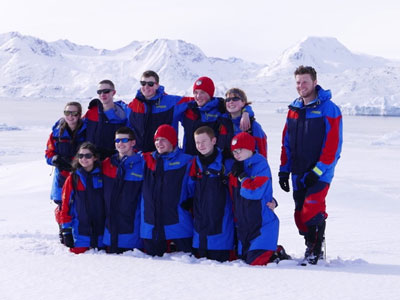
The participants, usually more girls than boys, are aged 14 -17 years and come from the state school sector. Whilst they all have the potential, they are not generally the high achieving sporty pupils, nor pupils at the other end of spectrum, for which other initiatives already exist to help them manage their behaviour. Nor is participation based on personal funding.
The programme specifically targets those invisible teenagers, often struggling to cope with significant challenges in their lives; surviving without recognition, and without ever truly realising their full potential. Virtually all have experienced 24/7 bullying face to face and through the mobile phone, which has often completely crushed their confidence, resilience and self-belief. Anti-bullying and supporting mental health are corner stones of the charity.
The current expeditions take 10 pupils and a teacher from each of two schools. The 2022 expedition took a total of 30 young people and staff to East Greenland, one of the largest winter Arctic expeditions to ever leave Scotland. The charity has an expedition base in Tasiilaq, the only town on the entire east coast of Greenland just a 2 hour flight from Iceland. The staff team are all used to working with young people and includes 2 doctors, and female and male leaders with significant outdoor teaching backgrounds, as well as polar and other expedition experience.
The expedition is the culmination of a year's selection and training for the participants who, on return, are required to each inspire several thousand more young people by giving talks around other schools and organisations. The general principle is that the young often have a much greater impact inspiring their peers than seasoned old explorers. Public speaking in front of others is a huge ask for the young people at the start of the programme, but it is part of their training. Following the expedition, they have plenty of pictures and a personal story to tell, and they do this eloquently and confidently. That is their obligation for the opportunity to be a part of The Polar Academy, and involves parental support which is also a key part of the programme from the start.
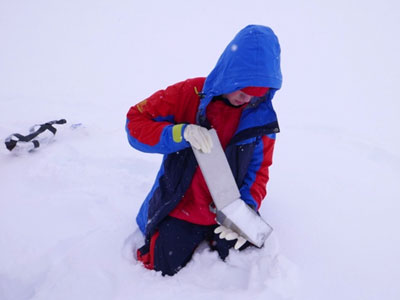
The programme also has a strong educational theme beyond the obvious physical, geographical, environmental and cultural aspects. The Polar Academy has linked with the Scott Polar Research Institute at Cambridge and Oxford Universities, and is collecting a range of data annually - snow density mapping, water eDNA biodiversity detection and some 3D LiDAR mapping of lichens. The data collected is being fed directly into the Intergovernmental Panel on Climate Change (IPCC) database, accessible for scientists around the world. There is also an opportunity for a few pupils to present their data to a panel at the Institute, and for one or two to join the Oxford University summer school scheme each year.
The Process
The whole programme from state school selection, participant selection, the expedition and post expedition presentations runs for about 18 months, with a 6 month overlap with the next schools.
Schools first approach The Polar Academy, Craig then gives a presentation to the pupils and staff which starts the selection process often with 200 - 300 pupils putting themselves forward. With the help of teaching and pupil support staff this is whittled down to around 15 pupils that the charity believes it could help the most. Each pupil, plus a parent or guardian, then goes forward to a weekend residential selection process in May at Glenmore Lodge. This in itself can have quite a profound impact on both family members and the selection panel. This family support is crucial. Parents often attend the physical training sessions and help keep the children motivated. Often the whole family is impacted positively by the programme as they see their child grow in confidence.
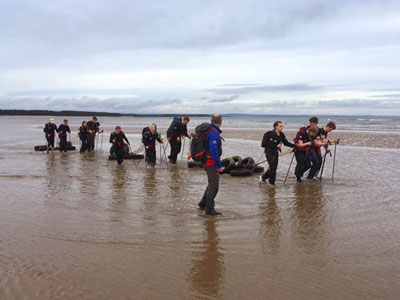
Following the selection, those not initially selected for the "expedition team" become a "leadership team" and go on to participate in all the weekly training sessions and prepare as though they will go to Greenland in the winter. Inevitably, one or two drop out from either team during the year, but if they stay the course the leadership team experience some UK based outdoor skills training and get to go to Greenland in the summer as a part of a Greenlandic pupil exchange programme. This programme is supported by the Greenland government and the local Greenlandic community and is a first for the UK.
The training involves weekly physical training sessions during term time, and a visit to the cold chamber at Napier University to learn about the impact of cold on the body and how to avoid cold injuries. In the autumn there is a 5 day training event at Glenmore Lodge in the Cairngorms. Many of the young people have not camped before so a key part of this week is a 3 day camping hiking expedition learning to use the cookers, camping routine and general outdoor resilience training.
In the winter there are a series of tyre hauling days, and it all culminates with an arduous day of this on the beach at St Andrews, made famous by the Chariots of Fire film of British athletes training for the 1924 Olympics. A few weeks later everyone meets at Glasgow airport.
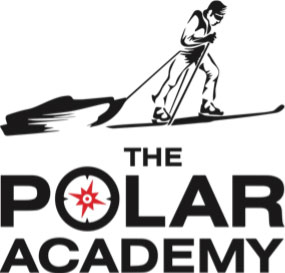
Return to the Navigation Blog
 FREE UK tracked delivery
FREE UK tracked delivery Order by 12pm Mon-Fri for same day dispatch
Order by 12pm Mon-Fri for same day dispatch

